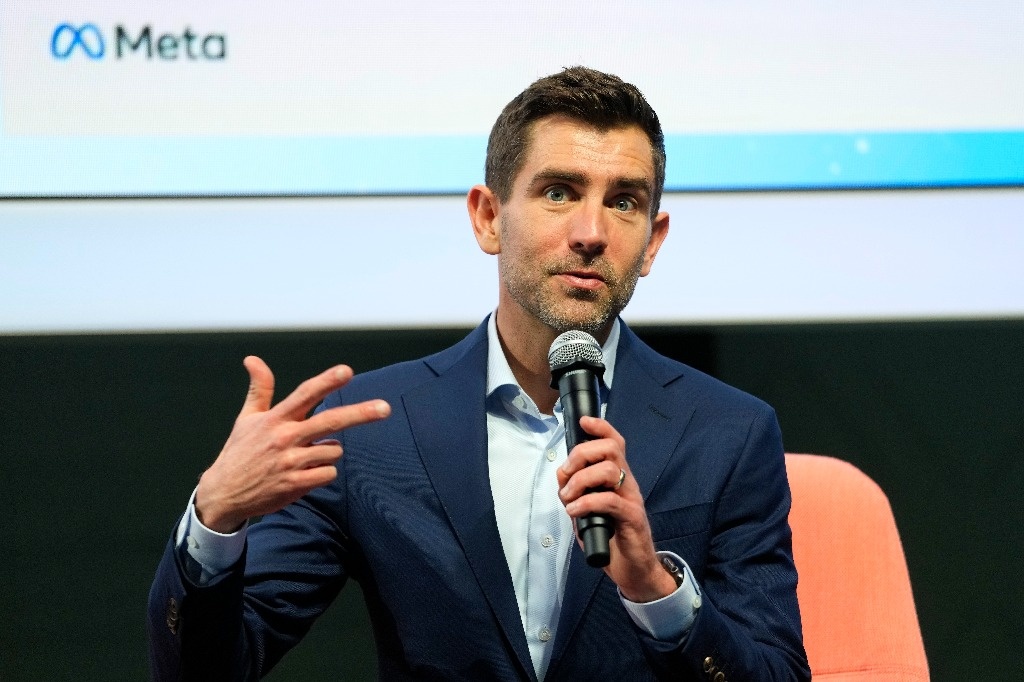featured

Leverkusen extends unbeaten streak to 45 games by drawing 1-1 with Dortmund
Berlin. Josip Stanišić scored in added time as champions Bayer Leverkusen preserved their unbeaten record with a 1-1 draw at Borussia Dortmund in the Bundesliga on Sunday. Leverkusen substitute Florian Wirtz sent in a corner …

Leverkusen extends unbeaten streak to 45 games by drawing 1-1 with Dortmund
Berlin. Josip Stanišić scored in added time as champions Bayer Leverkusen preserved their unbeaten record with a 1-1 … Read more

Meta presents first versions of its AI model: Llama 3
NY. This Thursday, Meta Platforms presented the first versions of its latest major linguistic model, Llama 3, and … Read more

Mezzour highlights Morocco’s considerable efforts to attract investments
The Minister of Industry and Commerce, Ryad Mezzour, highlighted, Thursday in Rabat, Morocco’s considerable efforts to attract European … Read more

Sensational revelations of arrested Afghan terrorist, confession of support of Taliban
Web Desk: In the ongoing terrorism in Pakistan, Afghan terrorists have been prominent in every respect, their role … Read more

The Prosecutor’s Office obtains a conviction for a passenger who transported more than 17 kilos of drugs in the Vraem
The Provincial Prosecutor’s Office Specialized in Illicit Drug Trafficking Crimes – Ayna Headquarters, jurisdiction of the Vraem managed … Read more


